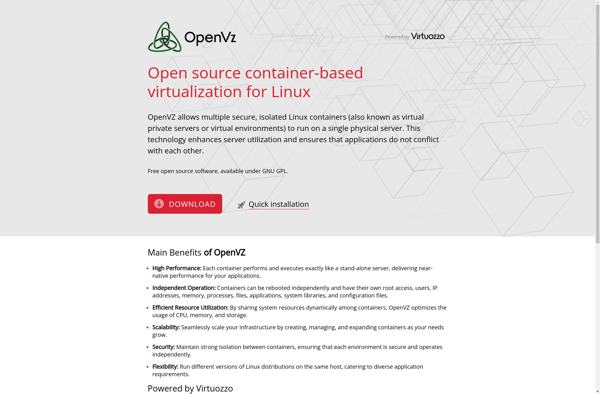SmartOS
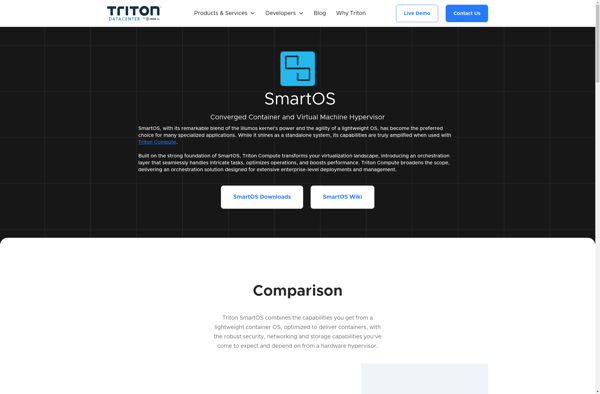
SmartOS: Open-Source Cloud OS
SmartOS is an open-source operating system designed for cloud computing environments. It is built on top of the Illumos kernel, a derivative of Solaris, and enhances security, virtualization, storage, and networking features.
What is SmartOS?
SmartOS is an open-source server operating system based on the Illumos kernel, a derivative of Solaris. It was originally developed by Joyent and focuses on security, virtualization, and cloud computing features.
Some key features of SmartOS include:
- Built-in hypervisor for virtualization using KVM or zones
- ZFS file system for storage with snapshots and cloning
- DTrace for observability and troubleshooting
- Kernel Zones for Docker container isolation
- Software-defined networking support
- Triple parity RAID for storage resilience
- Role-based access control for security
SmartOS is designed to be lightweight and efficient for running large deployments of virtual machines in the cloud. The ZFS file system provides volume management, storage efficiency, and resilience. The built-in KVM and OS virtualization features make it easy to manage VMs and containers. DTrace and Zones enhance debugging, security, and isolation capabilities.
Overall, SmartOS offers an advanced, enterprise-grade open-source operating system optimized for cloud environments demanding security, storage, networking, and virtualization solutions.
SmartOS Features
Features
- Built on Illumos kernel for improved security
- ZFS filesystem for efficient storage and snapshots
- KVM hypervisor for hardware-accelerated virtualization
- Crossbow virtual network virtualization
- DTrace for system observability and troubleshooting
- Zones for OS-level virtualization and isolation
Pricing
- Open Source
Pros
Cons
Official Links
Reviews & Ratings
Login to ReviewThe Best SmartOS Alternatives
Top Os & Utilities and Operating Systems and other similar apps like SmartOS
OpenStack

VMware vSphere Hypervisor
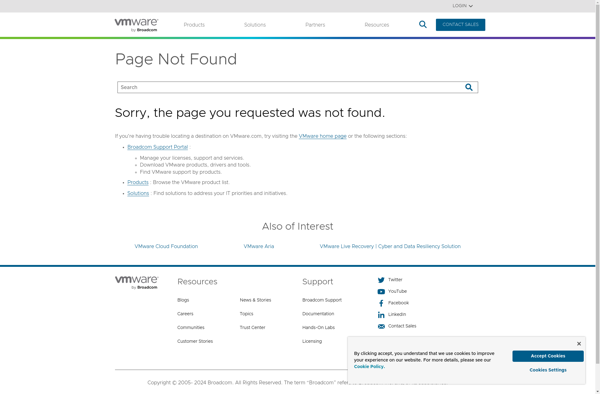
Proxmox Virtual Environment
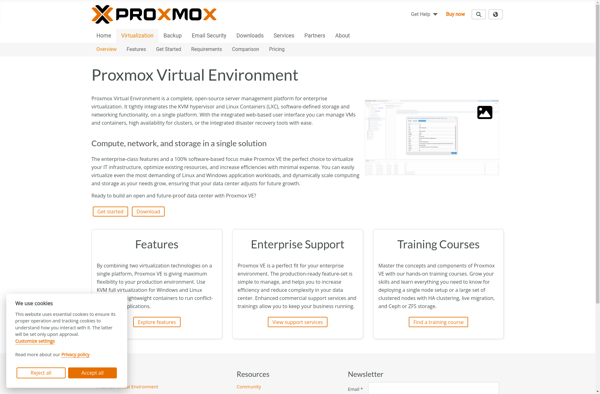
Portable Virtualbox
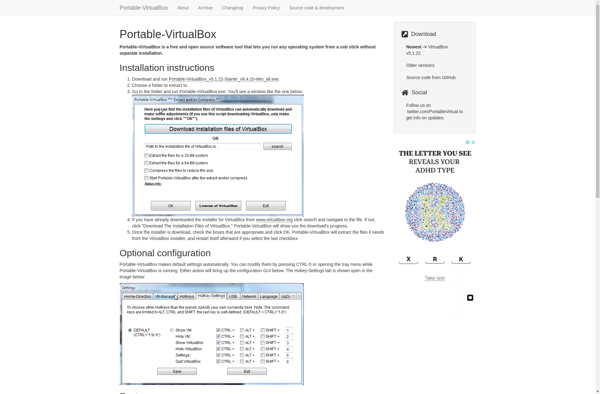
KVM (Kernel-based Virtual Machine)
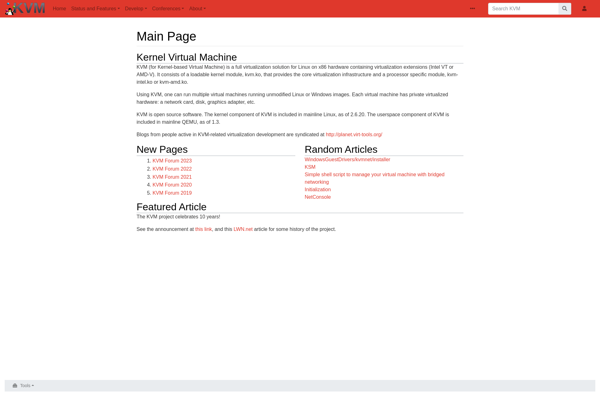
Microsoft Hyper-V Server

UCS Virtual Machine Manager
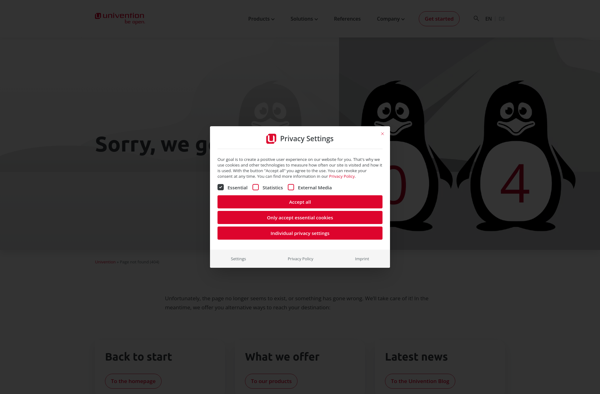
MicroCloud

Danube Cloud
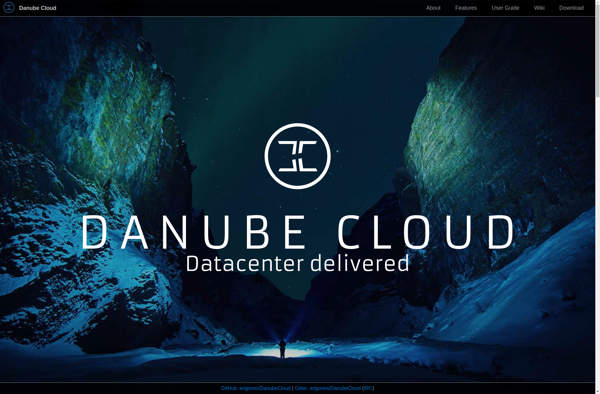
Citrix Hypervisor

OpenVZ
